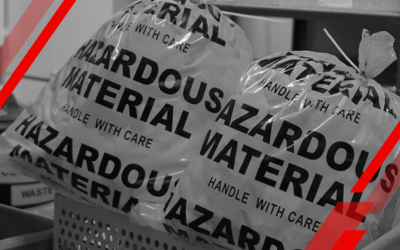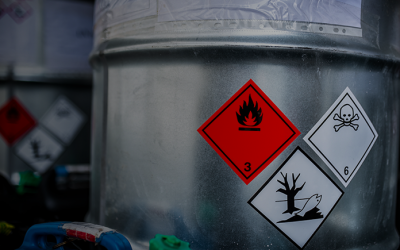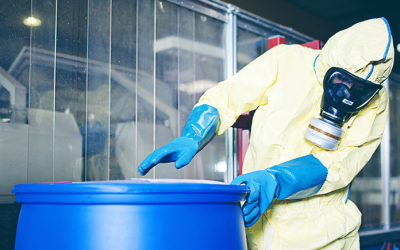Do your staff and employees know how to identify hazardous solid waste? Do they know the difference between hazardous waste characteristics? Are they aware that hazardous solid waste that is corrosive, flammable, or potentially toxic poses a serious threat to the health and safety of humans, animals, and the environment?
Not all waste is created equal, so how can you tell when your waste falls under regulations of federal and state laws for handling, shipping, and disposal processes?
Service Request
Have waste that requires compliant handling or disposal? Fill out our service form and an MCF Environmental Representative will get back to you quickly with next steps!
Please note we do not provide disposal services for household waste
















